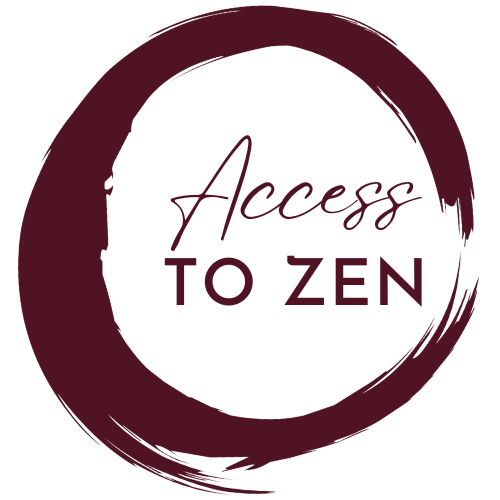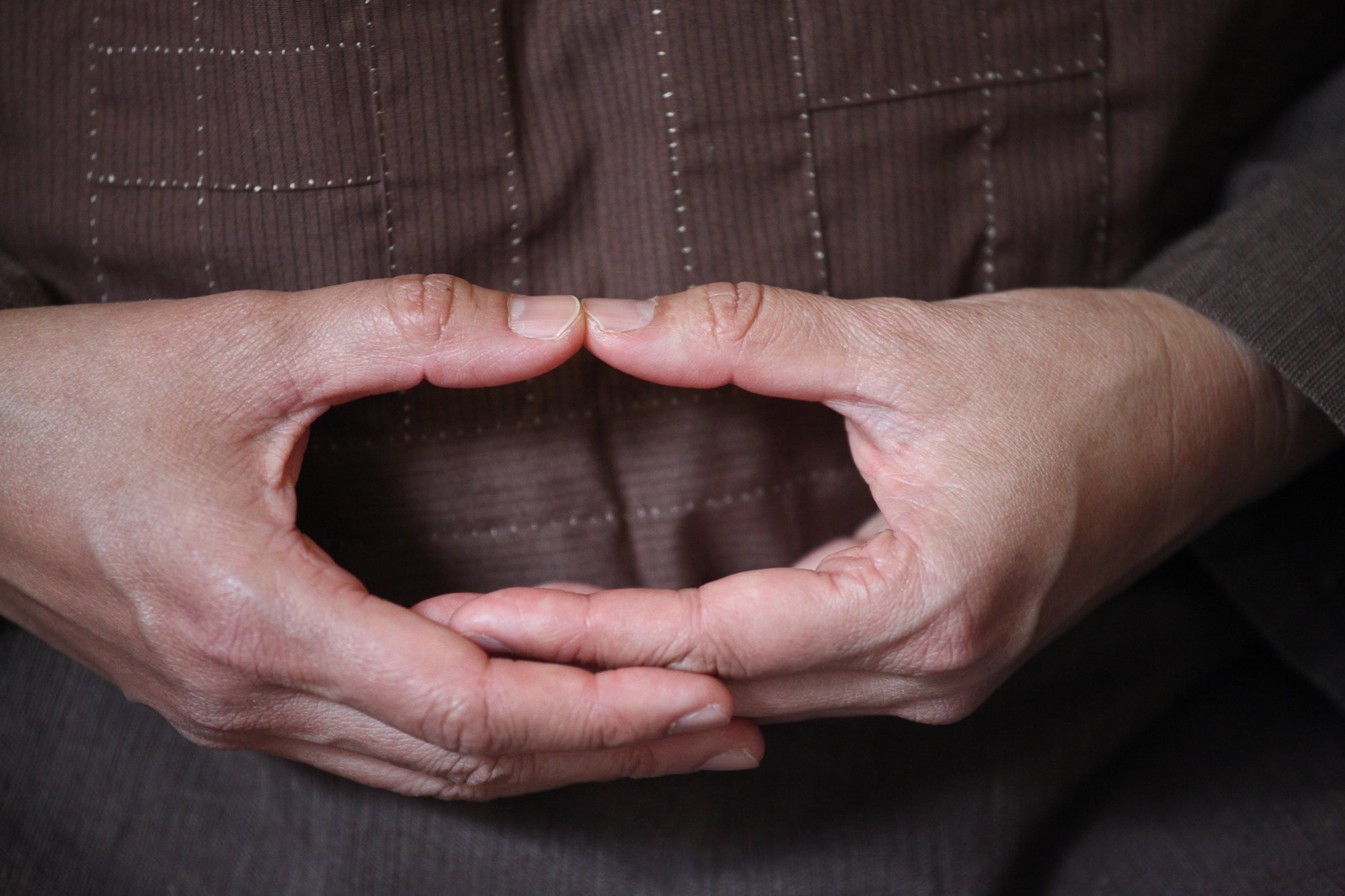Well-Being Chant
Enmei Jukku Kanon Gyo
photo: kahika--unsplash
Usually this is not a meditation but I’ve put it into one as a way to practice being with, or connecting to, the intentions of the chant within ourselves — Admitted to settle ourselves first so that we can offer it to others from a more settled place.
The above is chanted in an even pace. The typical Soto Zen way is speeding up faster and faster. This version is offered as a way to learn the chant and, again, more as a way to support the absorption of its intentions.
No dedication is offered after either version above — to leave it for you to add your own. Generally, a dedication may go something like this:
May we awaken to the compassion and wisdom of Buddha’s Way. Having chanted (or, meditated with) the Enmei Jukku Kannon Gyo (or Well-being chant), we dedicate the merit of our practice to the well-being, comfort, and healing of our dear friend(s): _____
Below is a translation of the chant by Kaz Tanahashi (available in Zen Chants: Thirty-Five Essential Texts with Commentary) and romanized into English along with the Sino-Japanese text compiled by Kōkyō Yakai. You can find many different interpretations of the text if you wish to study further.
Enmei Jukku Kannon Gyo
延命十句観音経 Ten-Line Life-Affirming Sūtra of Avalokiteshvara
観世音 Kan-ze-on Avalokiteshvara, perceiver of the cries of the world,
南無佛 Na-mu But-su takes refuge in Buddha,
與佛有因 Yo But-su u in will be a buddha,
與佛有緣 Yo But-su u en helps all to be buddhas
佛法僧緣 Bu Po So en is not separate from Buddha, Dharma, Sangha—
常樂我淨 Jo ra-ku ga jo being eternal, intimate, pure, and joyful.
朝念観世音 Cho nen Kan-ze-on In the morning, be one with Avalokiteshvara,
暮念観世音 Bo nen Kan-ze-on In the evening, be one with Avalokiteshvara.
念念從心起 Nen nen ju shin ki whose heart, moment by moment, arises,
念念不離心 Nen nen fu ri shin whose heart, moment by moment, remains!
May this be for the benefit of all beings



